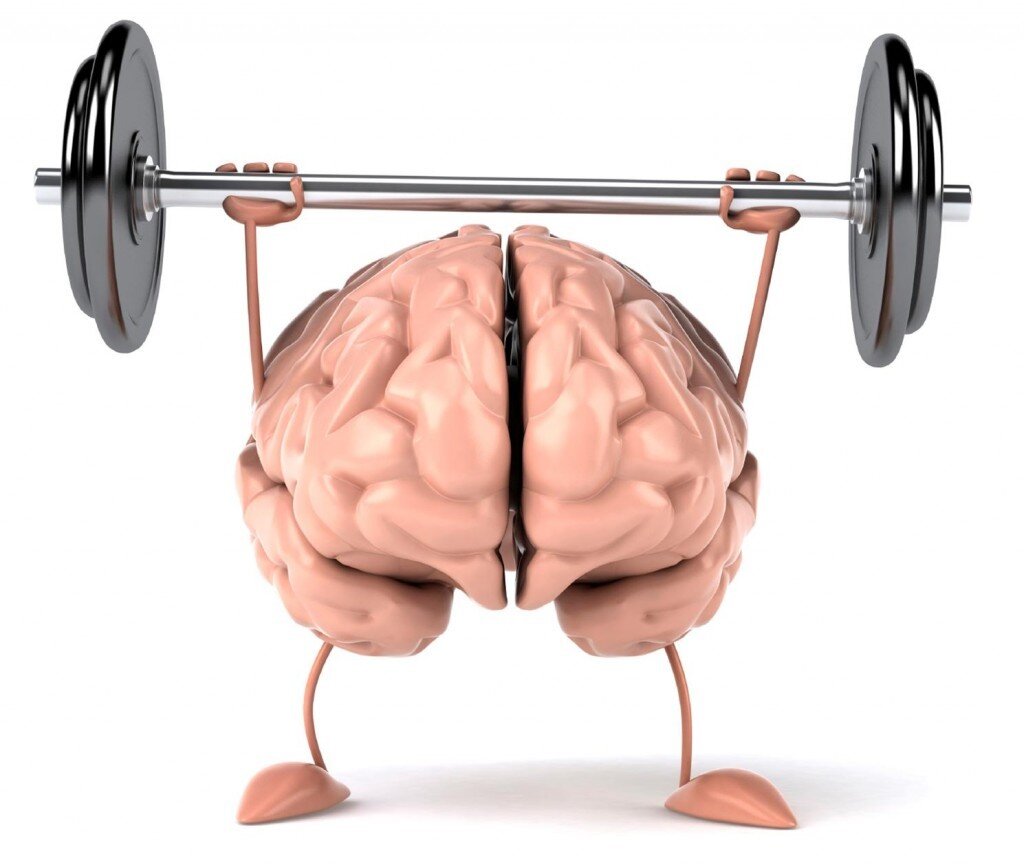Neuroplasticity and Brain Exercises
Neuroplasticity and Brain Exercises: Strengthen Your Brain
The brain is constantly undergoing change and adaptation throughout life. This process is called neuroplasticity, and it is associated with the ability of brain cells to strengthen connections, create new connections, and restructure damaged areas.
One of the most effective ways of neuroplasticity is through brain exercises. Brain exercises stimulate brain cells by activating new neural connections and increasing neuroplasticity. These exercises can target different areas of the brain and improve cognitive abilities. Neuroplasticity is an important factor in maintaining and enhancing brain health.
Which Brain Exercises Increase Neuroplasticity?
- Puzzles and Brain Games:
Sudoku, puzzles, word games, and other brain teasers are excellent options for brain exercises. These games enhance cognitive abilities such as problem-solving, logical reasoning, and memory. - Playing Music or Learning an Instrument:
Music serves as an exercise for the brain. Playing instruments or singing activates neural networks in the brain and enhances skills like coordination, memory, and emotional expression. - Learning a Foreign Language:
Learning a new language is a significant challenge for the brain and promotes neuroplasticity. The language learning process creates new neural connections in the brain and increases cognitive flexibility. - Visual-Motor Exercises:
Visual-motor exercises improve coordination between the brain and body. Activities such as dancing, practicing yoga, or playing sports strengthen neural connections between the brain and body. - Memory Games:
Memory games can be effective in enhancing memory and focus. Activities like matching card games, memory exercises, or memory tests can be used as brain exercises. - Sensory Stimulations:
Sensory stimulations enhance neuroplasticity by increasing interactions between brain cells. Experiences like recognizing different smells or using the sense of touch are effective methods for brain exercises. - Meditation and Mindfulness:
Meditation and mindfulness are effective techniques for maintaining brain health and increasing neuroplasticity. These practices regulate brain activity, reduce stress, and enhance focus.
In conclusion, there is a strong relationship between brain exercises and neuroplasticity. Brain exercises strengthen brain cell connections and facilitate the creation of new connections. However, brain exercises alone are not sufficient. A healthy lifestyle, social interaction, physical exercise, a regular sleep pattern, healthy nutrition, and stress management are also important factors that affect brain health.





